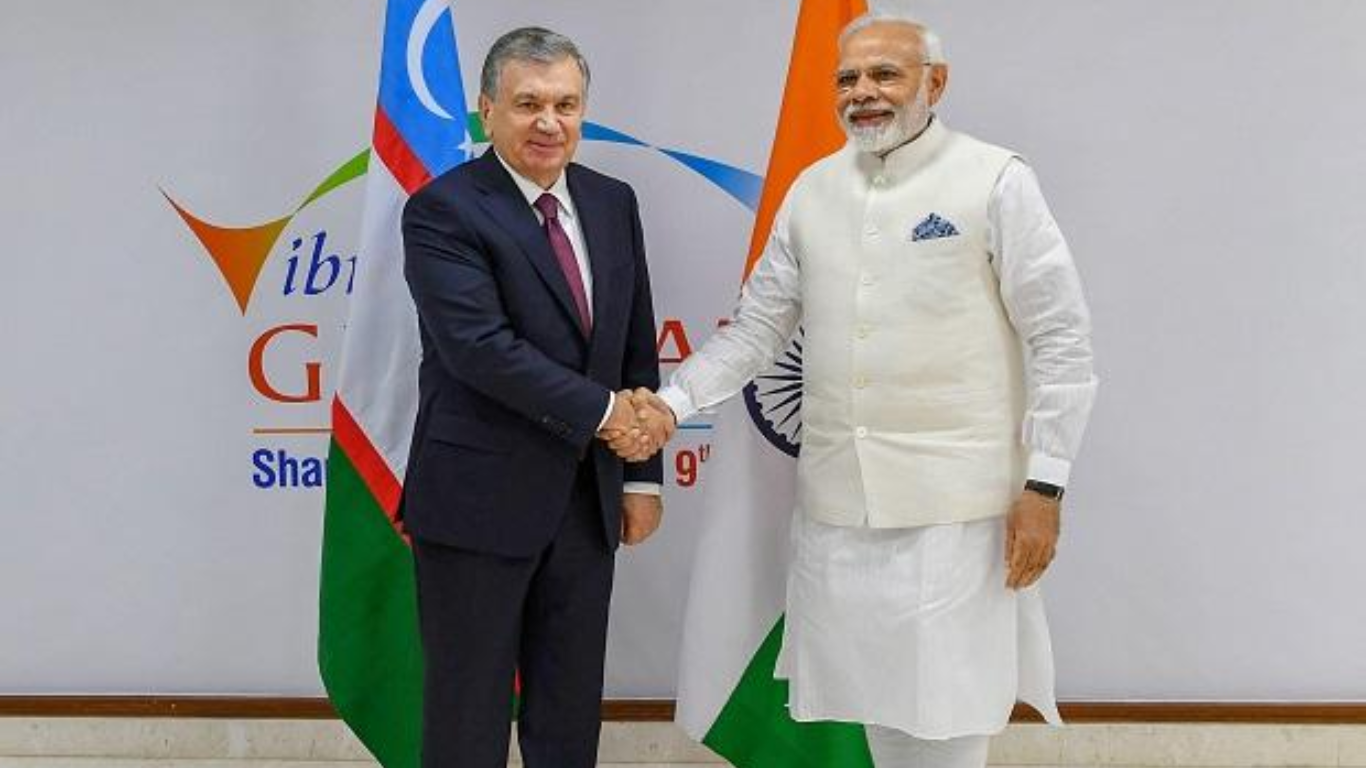










Many Indians are said to be stuck in Cambodia after being promised data entry jobs but are forced to commit cybercrimes instead. With over 5,000 Indian nationals reportedly held against their will in Cambodia and coerced into committing cyber frauds targeting individuals in India, the government estimates losses of at least Rs 500 crore over the past six months.
The individuals trapped in Cambodia were coerced into perpetrating scams against people in India, and in certain instances, engaged in extortion by impersonating law enforcement officials, claiming to have discovered suspicious items in their packages.
Read More: Why is ‘Click Here’ Trending On X? The Mystery Behind The Trend
The workers there are compelled to work for 12 hours daily and face deprivation of food if they fail to complete their assigned tasks.
These tasks entail identifying potential targets for cybercrimes by scanning Facebook profiles, with instructions even extending to the creation of fictitious female profiles using carefully selected photos sourced from various online platforms.
What Is Cyber Slavery?

Cyber slavery is a serious and widespread form of organized crime, with tens of thousands of people trapped in scams. It’s hard to stop because the criminals can easily move their operations between countries. Governments and NGOs need to work together to tackle this problem effectively.
TMC MP’s Appeal to MEA
In response to reports of Indians falling prey to false promises of data entry jobs, TMC MP Saket Gokhale penned a letter to Dr. S. Jaishankar, Minister of External Affairs, highlighting the gravity of the situation.
Shocking that 5000 Indians are currently trapped in Cambodia & forced into cyber slavery & online scams against people back home 👇
An article in the @IndianExpress reported yesterday how over 5000 Indians have been lured to Cambodia with the fake promise of jobs.
These 5000… pic.twitter.com/qhkokrISL7
— Saket Gokhale (@SaketGokhale) March 30, 2024
Expressing concern, Gokhale wrote, “It is baffling that the Government of India has not taken swift action with the Government of the Kingdom of Cambodia. Given that the details of these trapped Indians and the cyber scam are widely known, it should not be difficult for Cambodian authorities to dismantle this operation and repatriate the victims.”
He urged urgent intervention, stating, “I request you to address this matter promptly and take necessary measures to ensure the safe return of the 5000 trapped Indians and urge Cambodian authorities to dismantle this human trafficking operation, which not only enslaves Indians but also perpetrates scams and cyber frauds costing innocent people in India hundreds of crores.”
MEA’s Collaborative Efforts with Cambodian Authorities
Responding to the plight of Indian nationals ensnared by deceptive job offers in Cambodia, the Ministry of External Affairs (MEA) affirmed that the Indian government is closely cooperating with Cambodian authorities. Approximately 250 Indians have been successfully “rescued and repatriated.”
In its statement, the MEA acknowledged, “We are aware of reports concerning Indian nationals stranded in Cambodia. Our Embassy in Cambodia promptly addresses complaints from Indian nationals who were enticed with job prospects but were coerced into illegal cyber activities.”









